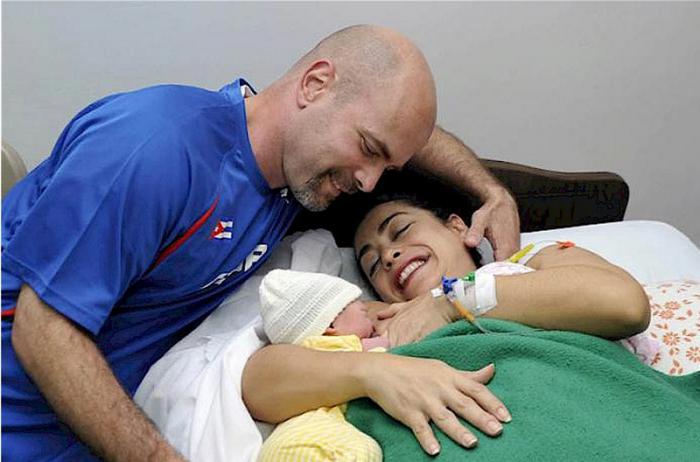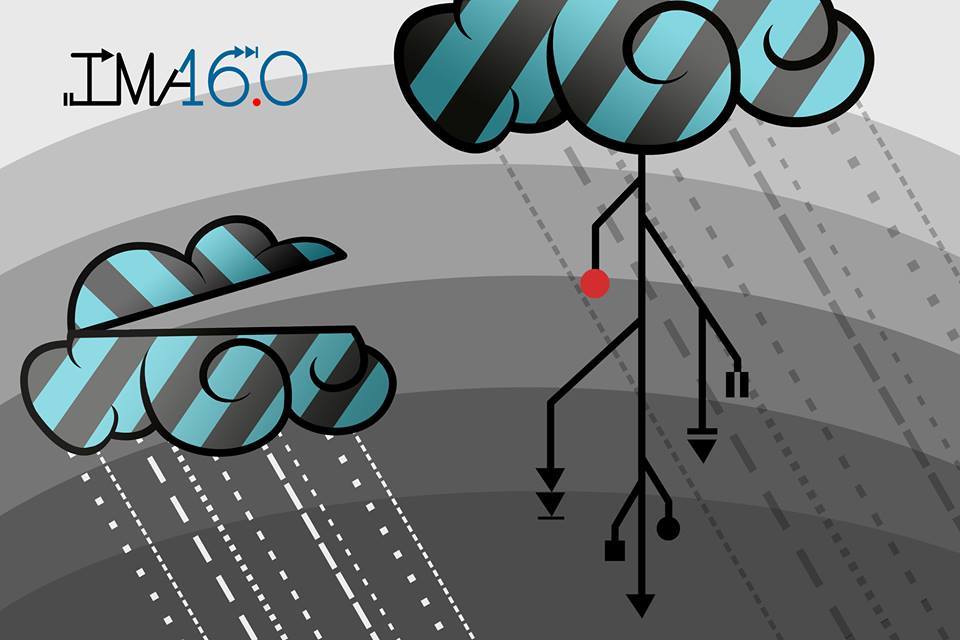As underlined to the press by the vice president of ICRT, Guillermo Pavón Pacheco, when referring to the epidemiological situation of that center after the detection of several COVID-19 cases, “Guaranteeing the safety and life of the workers is our main premise,”
The Cuban Institute of Radio and Television maintains its usual programming in the institution despite COVID-19 outbreak
Pavón explained that they have implemented measures that allowed closing active events; although they are prepared for a contingency like this since the first three cases with the disease were detected in the national territory.
Due to the reduction in the number of workers providing services , only 26 percent of the total number of people who work in the institution assumed the tasks of interrupted personnel in order to continue the established schedule.
With the beginning in Havana of the first recovery phase, the hygienic-sanitary measures continued and despite the increase in the number of workers who restarted their activities in person, a transportation system remained active that allowed transferring the personnel to their homes and thus avoid contact with infected people.
By mid-August, however, a group of workers with the disease was confirmed, fact leading to the implementation of extreme sanitary measures within the institution.
According to Pavón, the first confirmed case was a program producer living in the municipality of Habana del Este and having knowledge of the case and following the provisions of the Cuban medical health care protocol, his contacts were isolated.
Around 20 cases
Until September 2, the ICRT reported 23 cases, of which 19 work in the central building of 23rd y M streets, located in Vedado, Havana, while four were detected in facilities alien to the central building.
Pavón explained that on August 19, the first positive case was reported in the Television Information System, where one of the two open events in the ICRT originated. So far, 11 more cases have been reported within the Information System; five, belonged to the second disease transmission event in Radio Taíno station and three other workers, two in Tele Rebelde radio team and one among the Institute’s security group, who were contacts of the cases registered in the open transmission spots. Radio Taíno, specified Pavón, is considered a second focus, since none of those infected maintained contact with those diagnosed in the Information System.
Thus, the official emphasized that the radio stations have been relocated, for example, Radio Rebelde moved to the Cadena Habana premises, while Radio Reloj to Radio Ciudad. Meanwhile, television programs such as Mesa Redonda and Al mediodía were also transferred, the first to the “José Martí” International Journalism Institute and the second to radio and television studio at the Faculty of Communication of the University of Havana .
Pavón highlighted that despite transferring some ICRT radio stations and reducing personnel, the passage of tropical storm Laura, which affected our territory at the end of August, was given full coverage.
Another priority measure has been the performance of polymerase chain reaction (PCR) tests, so that 1,294 have been already administered to reporters, editors, broadcasters, task forces and service personnel.
The ICRT president has reiterated the decision of the organization’s leadership and its workers to maintain radio and television programming, without compromising the health of those who work here or that of Cubans.




